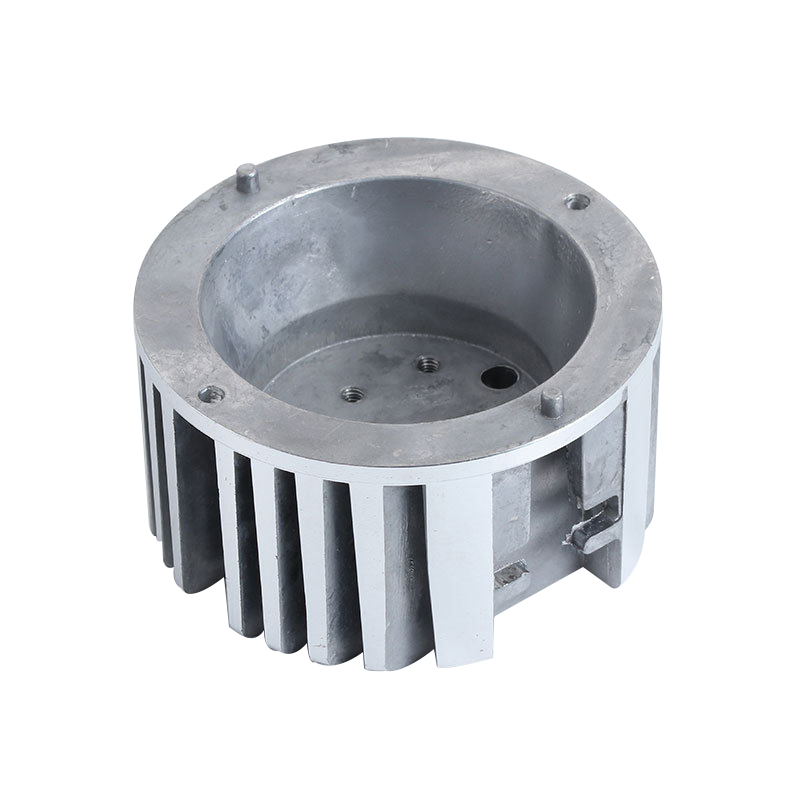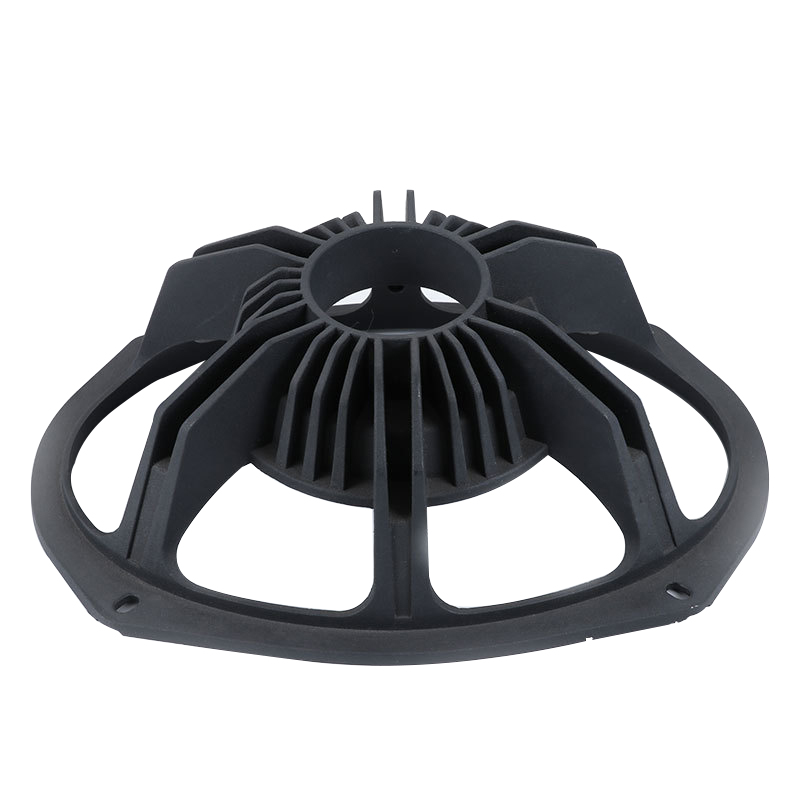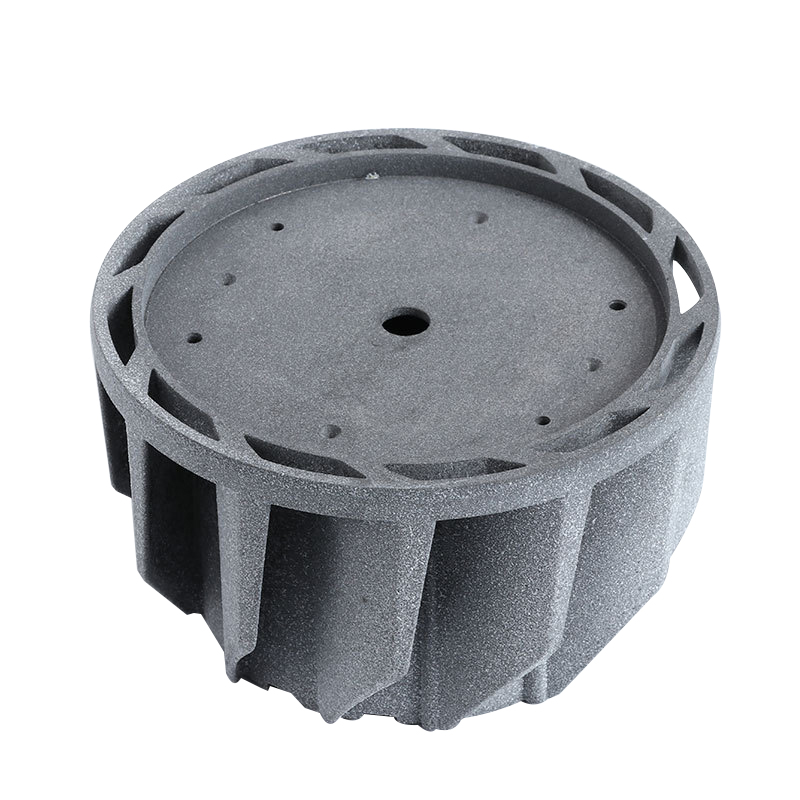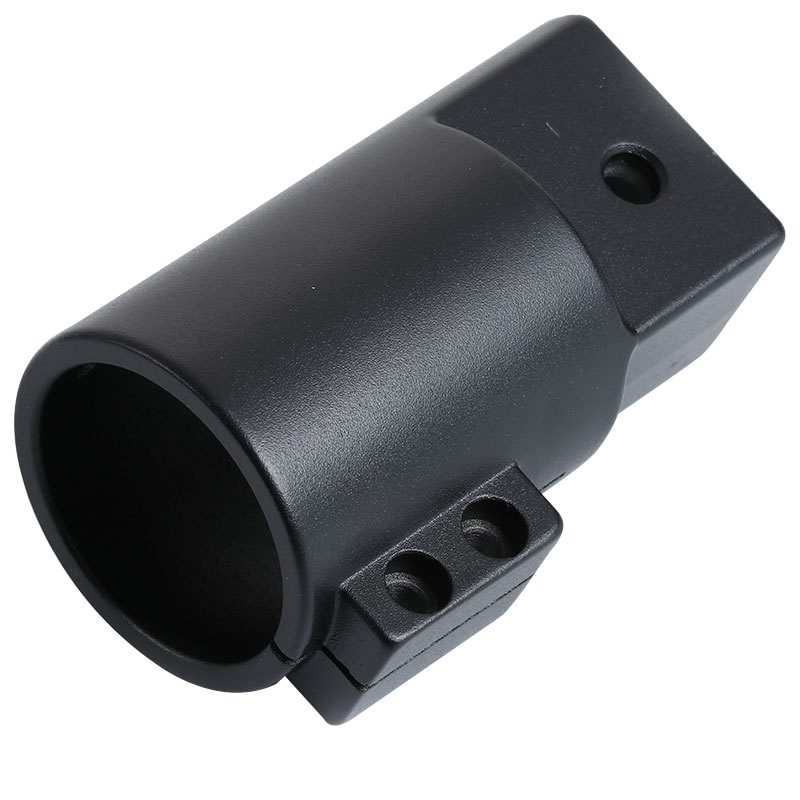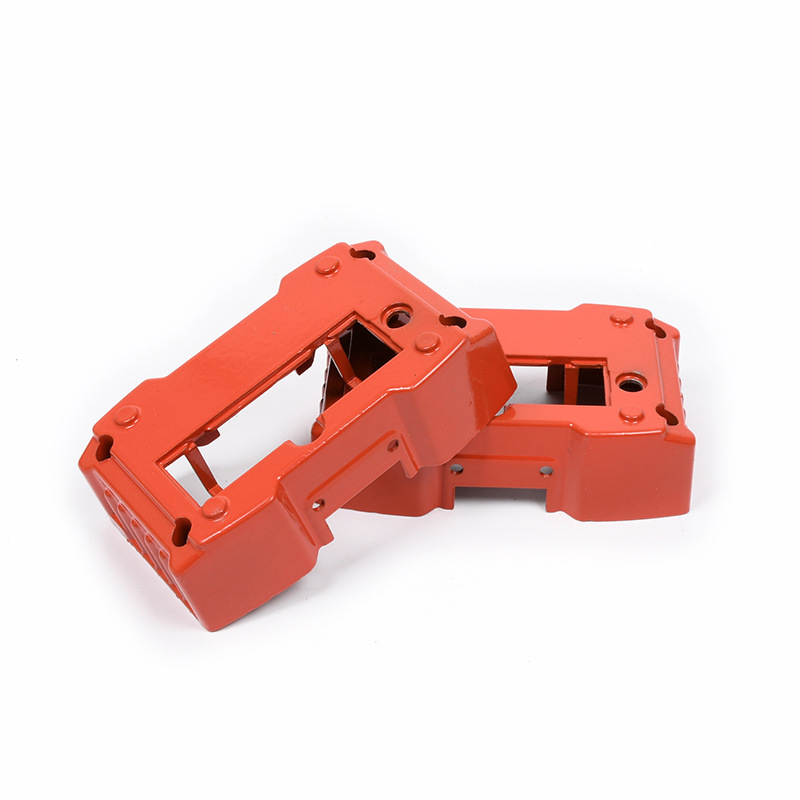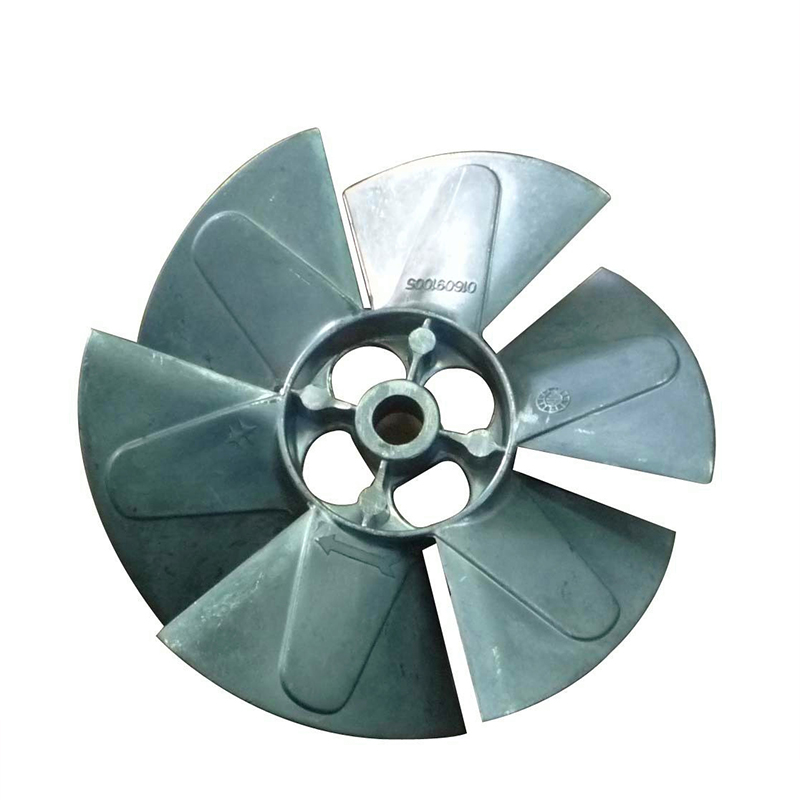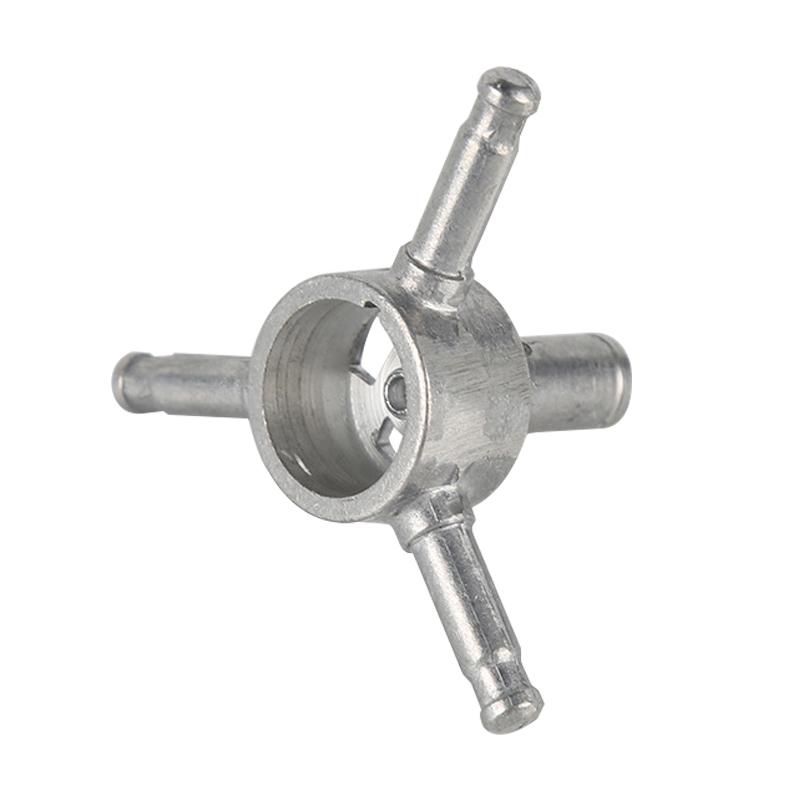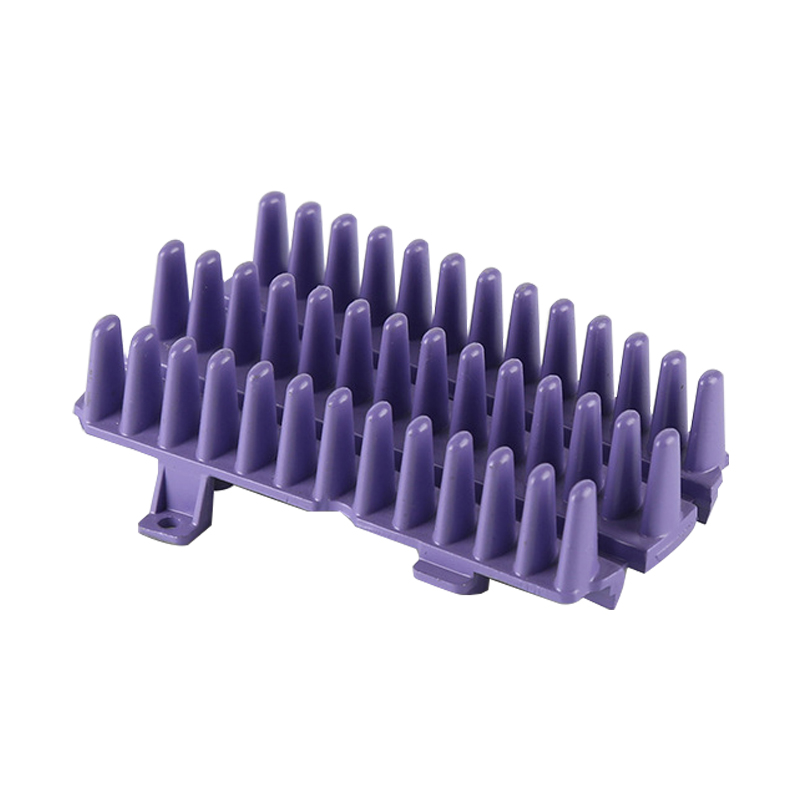German Industrial History-Innovation Is The Way To Develop SMEs
The history of German industry tells us two truths: First, without own property rights and core competitiveness, there is no future in imitation and low prices alone. Second, if you do not innovate, you will really die. This is the lesson of the German enterprise's blood. Innovation requires awareness, an environment, and institutional guarantees.

From 1870 to the beginning of the 20th century, "Made in Germany" was low-quality and cheap. At that time, the golden sign of global manufacturing was Britain. In order to draw a line from German manufacturing, the UK requires all products to be marked with the country of origin.
After that, the Germans spent decades "learning from the British", from simply copying to trying to do product research and development to improve product quality. At the beginning of the 20th century, "Made in Germany" has won a good reputation. By now, many people don't remember that period of history.
"After that, the Japanese followed a path that was basically similar to the Germans. Starting from copying and bargaining, they began to have their own R&D, technology, and products. In the 1970s and 1980s, they attacked many European and American companies.
Many years later, China's manufacturing industry is still following the rules.
In the past 100 years, Germans have invented many things, from aspirin, contact lenses, car airbags, to MP3 and SIM cards. Many German companies are still enjoying the dividends brought about by these older generation inventions. This kind of patent dividend that has benefited several generations is precisely the "patent barrier" that many people in the Chinese business community hate the most. Unfortunately, this is the rule of the game in modern society.
In 2012, Germany's investment in new technology development and innovation reached 79.4 billion euros, which is 2.98% of GDP, and the target is 3%. The European Union’s average is 1.97%, and China’s figure for the same period is 1.98%. The difference is that venture capital is not popular in Germany, and angel investment funds are rarer, so the government and private companies have invested heavily in innovation.
German Bosch is not a listed company. Their strategy that has remained unchanged for more than 100 years is to invest heavily in research and development: about 10% of overall sales.
Many of the hottest inventions in German companies nowadays come from small and medium-sized enterprises. To give a small example, only the small field of 3D printing technology has gathered a group of small and medium-sized technology companies in the United States and Germany, so many Chinese entrepreneurs have gone to Germany to buy small companies with independent intellectual property rights in 3D printing. As a result, these small and medium-sized enterprises, which do not seem to be wealthy, are not willing to sell at all.
According to Wharton Business School professor Christian Terwiesch, the trick to German-style innovation is to have strong technical expertise in a very narrow professional field, so even in a small sector can become a market leader.
German companies, from large companies to small and medium-sized enterprises, compete fiercely for innovation and product quality improvement, but they never squeeze each other with price wars. German companies are closely connected and exchange what is needed. They call this close communication clusters, sharing the dividends of innovation and technology. Especially in Germany's most competitive chemical, automotive and electronic equipment and engineering fields. They will not dismantle each other, but will work together.
"German products took decades to complete the transformation, and Chinese manufacturing is also possible. As for when'Made in China' can be proud, I think it will be 10 years. It will take about 20 to 30 years to be at the forefront of technology." Commented by Roland Berger, Corporate Strategy Consultant.
Mr. Berger’s optimistic estimation of China’s manufacturing has a prerequisite: “The prerequisite is that China’s manufacturing industry must step out of the imitation stage and begin to innovate its own production processes, technologies and products. The world is now transparent, and one end of the world With a new technology, the other end will know it in a few seconds. So the learning process must be accelerated."
At present, China’s Internet economy is surging. The development of Internet technology is an accelerator of China’s economy. Consumer Internet is in the ascendant, and industrial Internet is beginning to emerge~ unprecedented opportunities. Specialization, networking, and small manufacturing will be our current survival and development Road, every industry and every company must adopt a model of refined management, entertainment marketing, and upgrading and innovation; no matter how weak an individual or how subdivided the field, we should achieve the ultimate.
Please keep the source and address of this article for reprinting: German Industrial History-Innovation Is The Way To Develop SMEs
Minghe Die Casting Company are dedicated to manufacture and provide quality and high performance Casting Parts(metal die casting parts range mainly include Thin-Wall Die Casting,Hot Chamber Die Casting,Cold Chamber Die Casting),Round Service(Die Casting Service,Cnc Machining,Mold Making,Surface Treatment).Any custom Aluminum die casting, magnesium or Zamak/zinc die casting and other castings requirements are welcome to contact us.
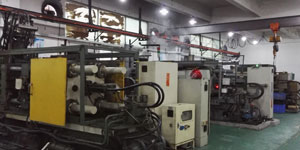
Under the control of ISO9001 and TS 16949,All processes are carried out through hundreds of advanced die casting machines, 5-axis machines, and other facilities, ranging from blasters to Ultra Sonic washing machines.Minghe not only has advanced equipment but also have professional team of experienced engineers,operators and inspectors to make the customer’s design come true.
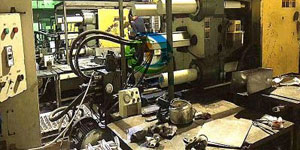
Contract manufacturer of die castings. Capabilities include cold chamber aluminum die casting parts from 0.15 lbs. to 6 lbs., quick change set up, and machining. Value-added services include polishing, vibrating, deburring, shot blasting, painting, plating, coating, assembly, and tooling. Materials worked with include alloys such as 360, 380, 383, and 413.
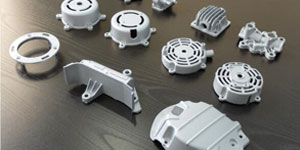
Zinc die casting design assistance/concurrent engineering services. Custom manufacturer of precision zinc die castings. Miniature castings, high pressure die castings, multi-slide mold castings, conventional mold castings, unit die and independent die castings and cavity sealed castings can be manufactured. Castings can be manufactured in lengths and widths up to 24 in. in +/-0.0005 in. tolerance.
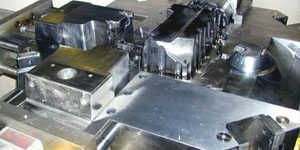
ISO 9001: 2015 certified manufacturer of die cast magnesium, Capabilities include high-pressure magnesium die casting up to 200 ton hot chamber & 3000 ton cold chamber, tooling design, polishing, molding, machining, powder & liquid painting, full QA with CMM capabilities, assembly, packaging & delivery.
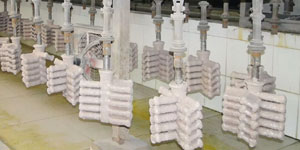
ITAF16949 certified. Additional Casting Service Include investment casting,sand casting,Gravity Casting, Lost Foam Casting,Centrifugal Casting,Vacuum Casting,Permanent Mold Casting,.Capabilities include EDI, engineering assistance, solid modeling and secondary processing.
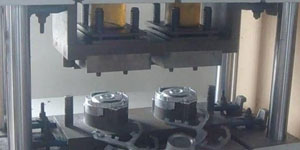
Casting Industries Parts Case Studies for: Cars, Bikes, Aircraft, Musical instruments, Watercraft, Optical devices, Sensors, Models, Electronic devices, Enclosures, Clocks, Machinery, Engines, Furniture, Jewelry, Jigs, Telecom, Lighting, Medical devices, Photographic devices, Robots, Sculptures, Sound equipment, Sporting equipment, Tooling, Toys and more.
What Can we help you do next?
∇ Go To Homepage For Die Casting China
→Casting Parts-Find out what we have done.
→Ralated Tips About Die Casting Services
By Minghe Die Casting Manufacturer |Categories: Helpful Articles |Material Tags: Aluminum Casting, Zinc Casting, Magnesium Casting, Titanium Casting, Stainless Steel Casting, Brass Casting,Bronze Casting,Casting Video,Company History,Aluminum Die Casting |Comments Off

